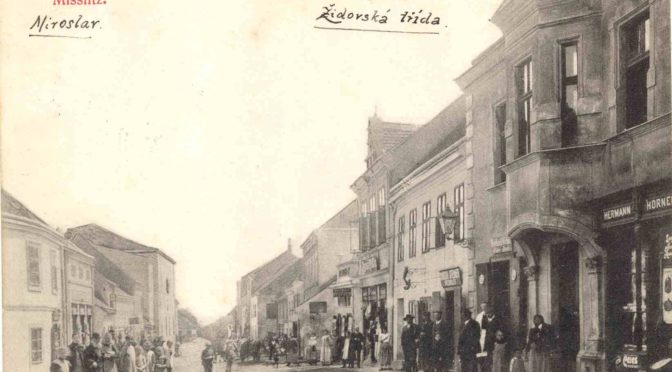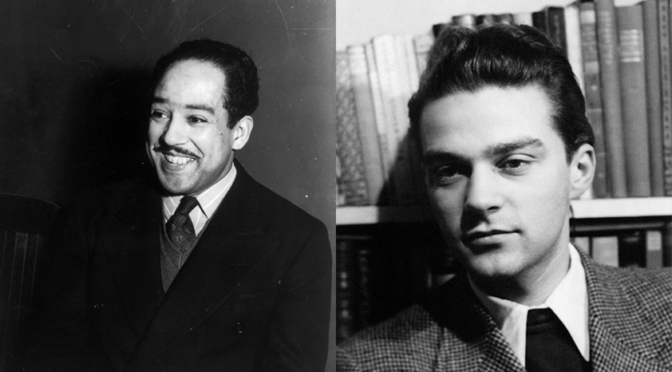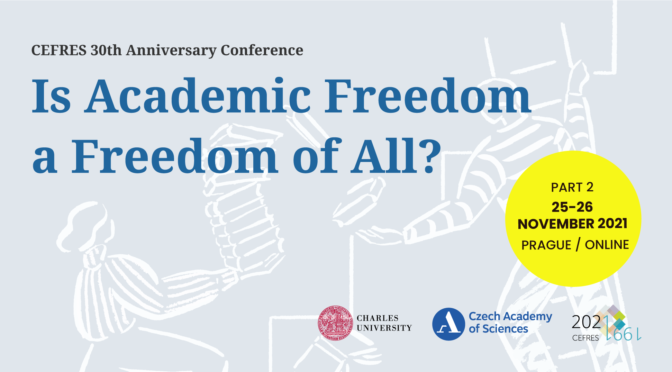CEFRES 30th Anniversary International Conference (Part 2), Prague, 25–26 November 2021
Venue: Prague, Carolinum, Ovocný trh 3, and online on CEFRES Facebook page and on Zoom
Date: 25–26 November 2021
Academic freedom is weakened and even challenged in many countries by various political, economic and religious powers. The indifference of the population for a freedom often perceived as a caste privilege aggravates this situation. It is therefore urgent to make academic freedom a public good that concerns all members of a society.
After a first part held last May, CEFRES is organising the second part of its 30th anniversary international conference on 25–26 November 2021 in Prague, together with its CEFRES Platform partners, Charles University and the Czech Academy of Sciences. The conference will be held at the Carolinum of Charles University and simultaneously online.
Program
Thursday, 25 November 2021
4:30–6:30 pm (English)
https://us02web.zoom.us/j/85931944473
Welcome speeches
- Lenka Rovná, Vice-Rector of Charles University
- Alexis Dutertre, Ambassador of France in Czech Republic (to be confirmed)
- Ondřej Beránek, Vice-President of the Czech Academy of Sciences, responsible for Humanities and Social Sciences
- Jérôme Heurtaux, Director of CEFRES
Film Screening: Science in Exile, by Pierre-Jérôme Adjedj and Pascale Laborier, 2020 (8’).
Round-Table: Is academic freedom a freedom of all?
Moderator: Pascale Laborier, Professor at University of Nanterre, Vice-President of Paris-Lumières University
- Jiří Přibáň, Professor at Cardiff University
- Pierre-Jérôme Adjedj, Photographer and Video Artist
- Dilnur Reyhan, President of European Uyghur Institute
- Olga Golubko, Emergency Program Manager at the Education Office for the New Belarus
- Michal Vašečka, Program Director of Bratislava Policy Institute
Cocktail
Friday 26 November 2021
https://us02web.zoom.us/j/81879262389
Scholars and institutions facing powers
9:30–11:15 (English)
Moderator: Alena Marková, Assistant Professor, Faculty of Humanities, Charles University
- Gábor Egry, Director of the Institute of Political History, Budapest The silence of the lambs? Cooptation, exclusion, rewarding: Means of creating a silenced academia in Hungary
- Piotr Forecki, Professor at Adam Mickiewicz University, Poznań
History on trial. The attack on Holocaust researchers in Poland
- Shamil Jeppie, Associate Professor at University of Cape Town Freedom and ethics in the academy
- Cherine Hussein, Senior Researcher at the Institute of International Relations, Prague Resistance Movements, Scholar-Activism and the Question of Solidarity
Coffee Break
Does New Public Management challenge scientific freedom?
11:30–13:00 (English)
Moderator: Mitchell Young, Assistant Professor, Institute of International Relations, Faculty of Social Sciences, Charles University
- Tereza Stöckelová, Researcher at the Institute of sociology of Czech Academy of Sciences
Why academic freedom must be challenged
- Michael Komm, Michaela Vojtková et Lukáš Dvořáček, Věda žije!
When scientists are not playing fair and how to deal with it
- Frédéric Sawicki, Professor of political science, Paris 1 Panthéon-Sorbonne University The perverse effects of the managerial turn: The French experience
Lunch
How to defend and protect academic freedom?
14:15–16:00 (French and English, with live translation)
Moderator: Jakob Vogel, Director of Marc Bloch Center, Berlin
- Catherine Gousseff, Senior researcher at CNRS The exceptional welcome of the Russian academic exile in Prague (1920–1939): State policy and benefits of experiences
- Pascale Laborier, Vice-President of Paris-Lumières University, Co-Founder of PAUSE Some lessons on hosting researchers in exile abroad
- Habib Mellakh, President of the Association tunisienne de défense des valeurs universitaires (ATDVU) Challenging and defending academic freedom: The Tunisian experience
- Béatrice Hibou, Senior researcher at CNRS – CERI-Sciences Po, Paris
Some lessons from the support to Fariba Adelkhah, scientific prisoner in Iran
Coffee Break
What to do? How to do?
16:30–18:00 (French and English, with live translation)
Moderator: Jérôme Heurtaux, Director of CEFRES
All Participants and, among others, Katia Boissevain, Director of IRMC (Tunis), Pierre Buhler, CAPS-MEAE, Adrien Delmas, Director of the Jacques Berque Center (Rabat), Adrien Fauve, Director of IFEAC (Bichkek), Anaïs Marin, Researcher at CCFEF, Warsaw and Special rapporteur on the situation of human rights in Belarus, etc.
Download the presentation of the participants here!







